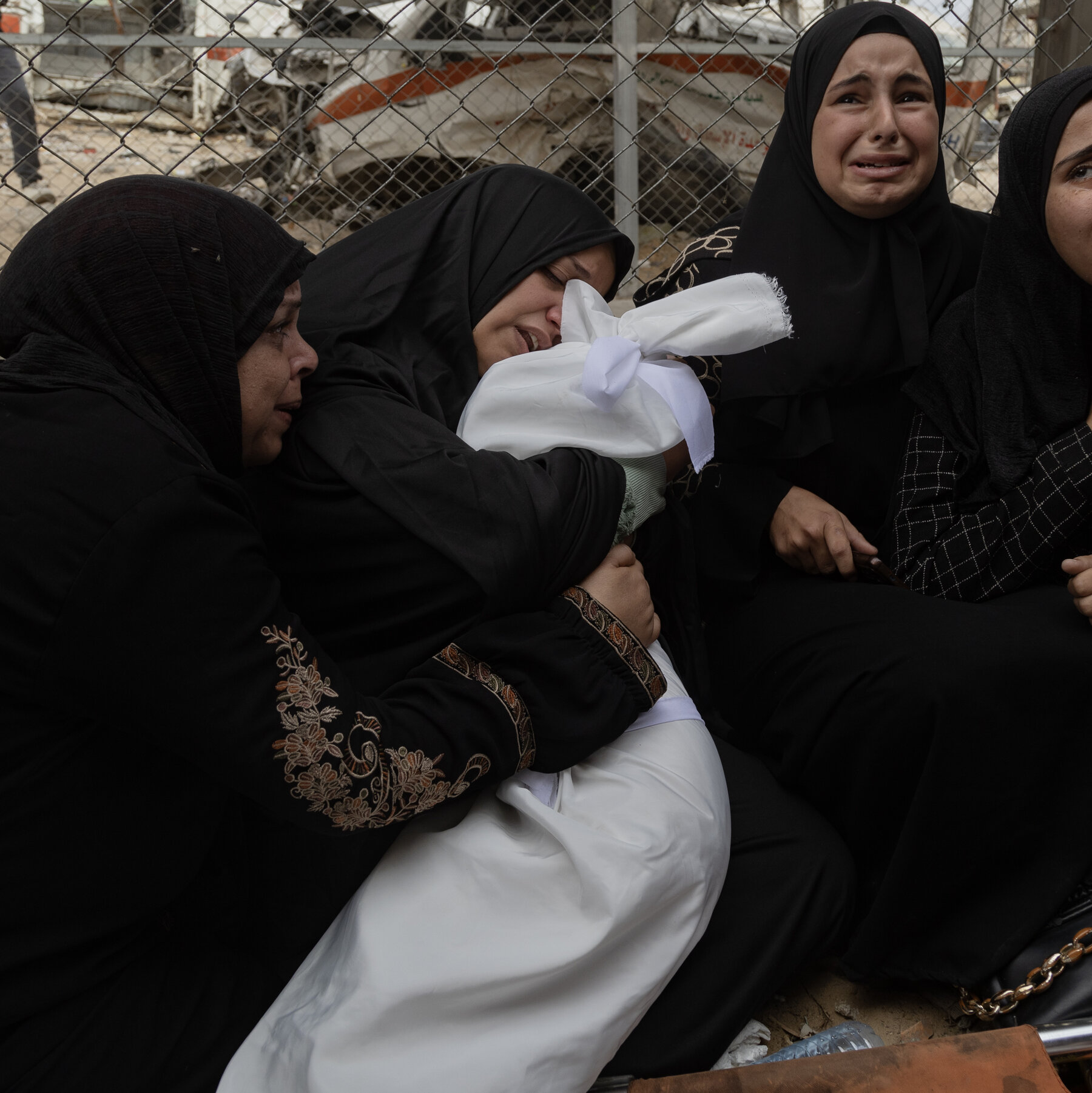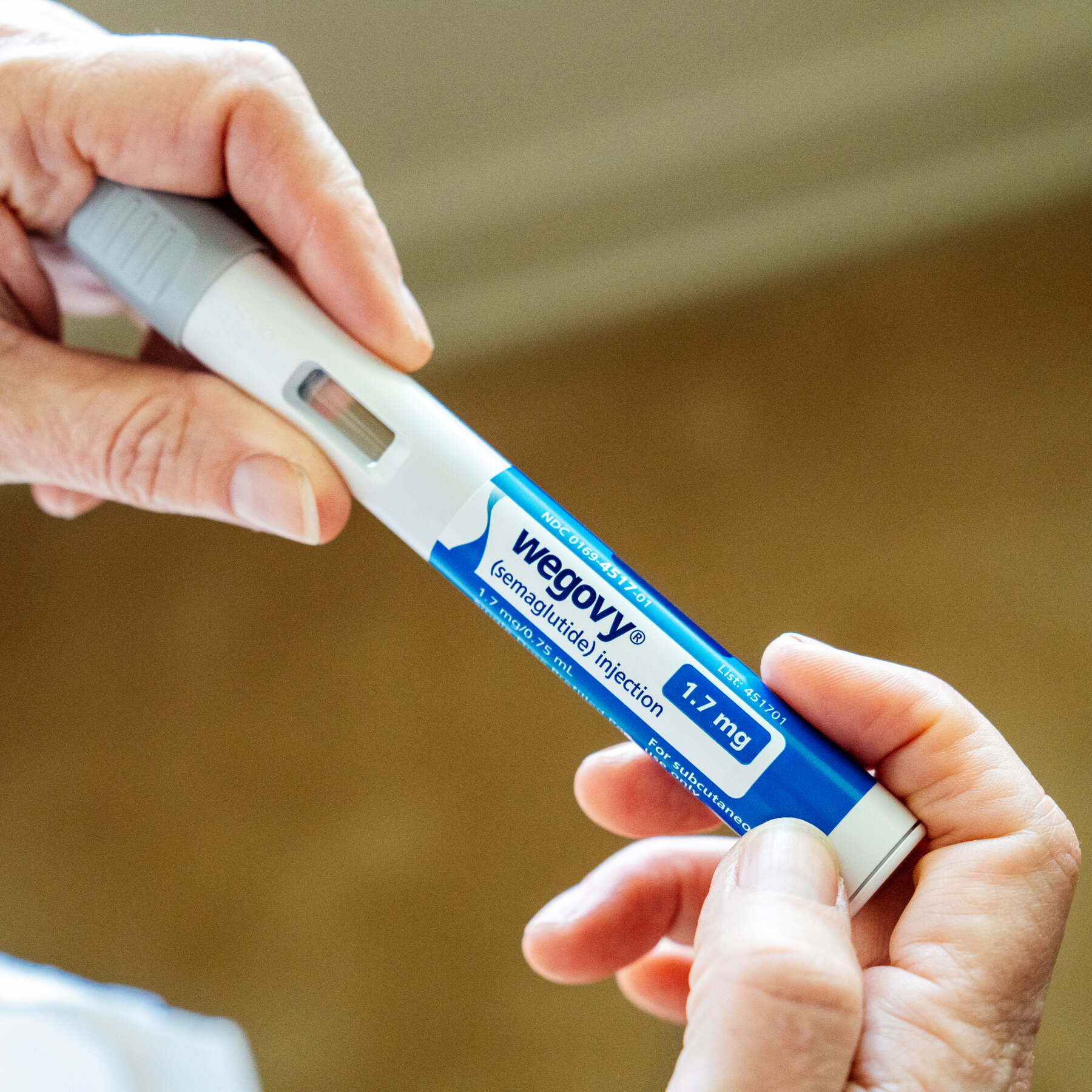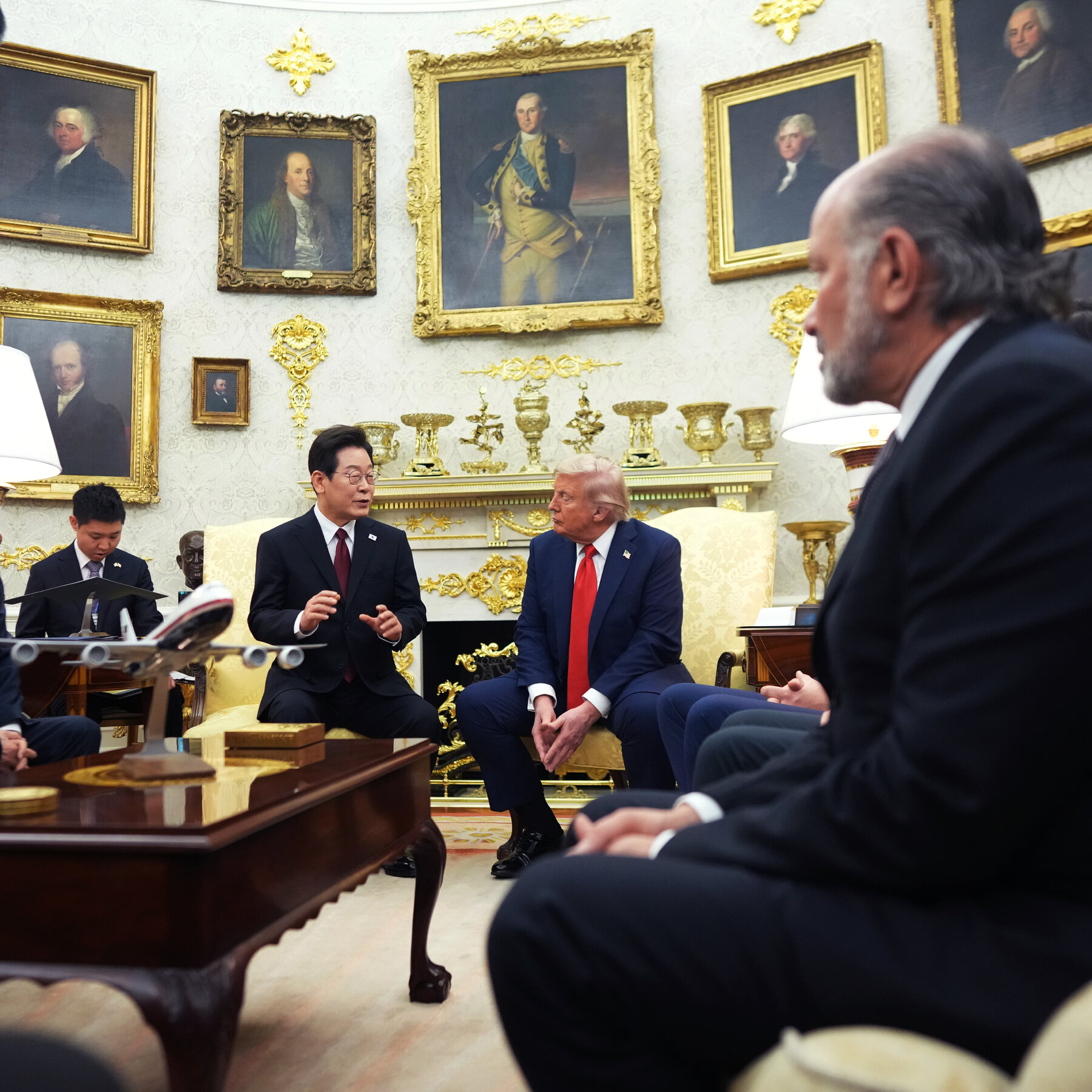After Syria’s 14‑Year Civil War, a Search for Victims Leads to Mass Graves
Unprecedented Numbers of Missing Persons
More than 100,000 individuals vanished during the 13‑year conflict that tore Syria apart. Families have lived for over a decade in a state of uncertainty, clinging to hope that their loved ones might one day be found.
New Government Takes On the Task
The recently formed administration has pledged to address this painful legacy. Its first priority is to locate, document, and exhumate remains from the numerous clandestine burial sites that litter the countryside.
Challenges on the Ground
Identifying the graves is a massive logistical hurdle. Many sites are in remote or war‑damaged areas, and the passage of time has complicated forensic analysis. International experts are being recruited to assist Syrian teams in DNA testing, osteological examinations, and the preservation of evidence.
Hope for Closure
While the process will be long and fraught with difficulties, officials stress that each recovered set of remains offers a measure of solace to grieving relatives. Providing answers—even after years of silence—represents a vital step toward national healing and reconciliation.
International Support
Several humanitarian organisations have pledged financial aid, training, and technical resources. Their involvement aims to ensure that the exhumations adhere to international standards and that the findings are documented transparently.
Looking Ahead
As the exhumation program expands, the Syrian government hopes that the systematic identification of victims will lay the groundwork for a broader truth‑seeking process, potentially informing future legal and reparative measures.





